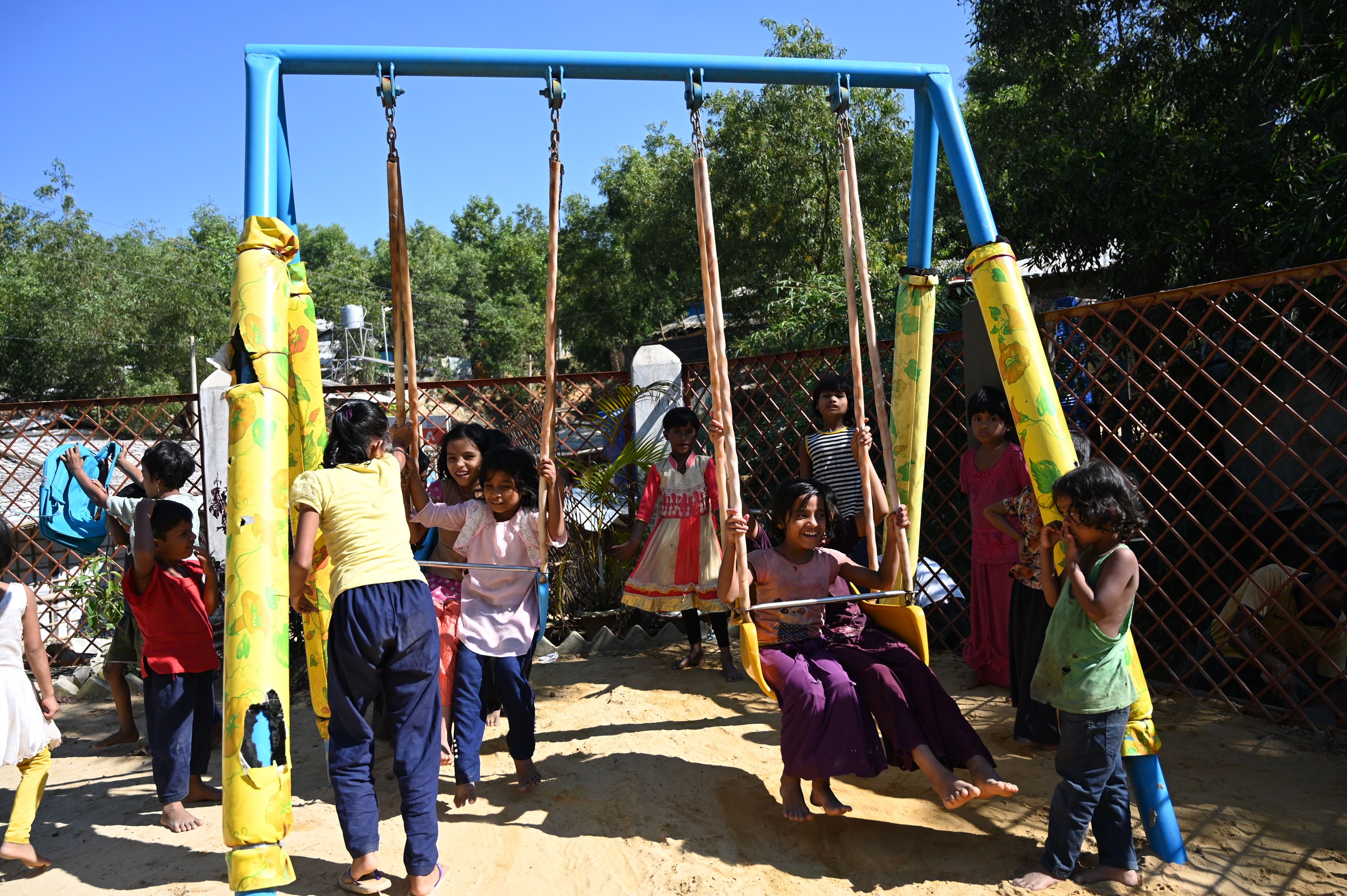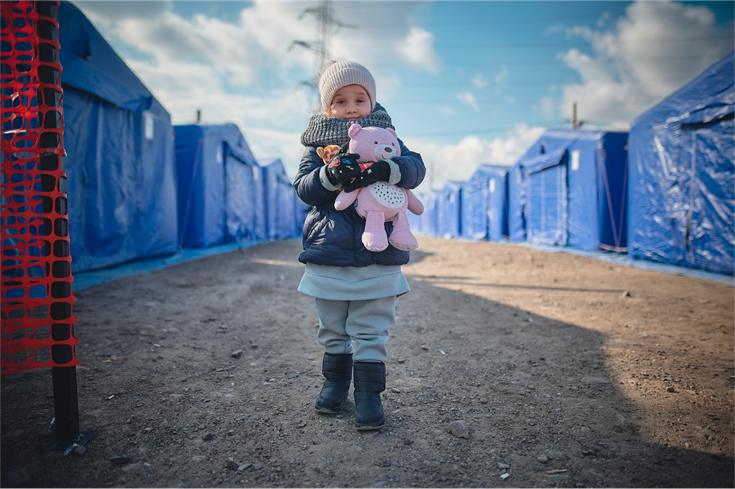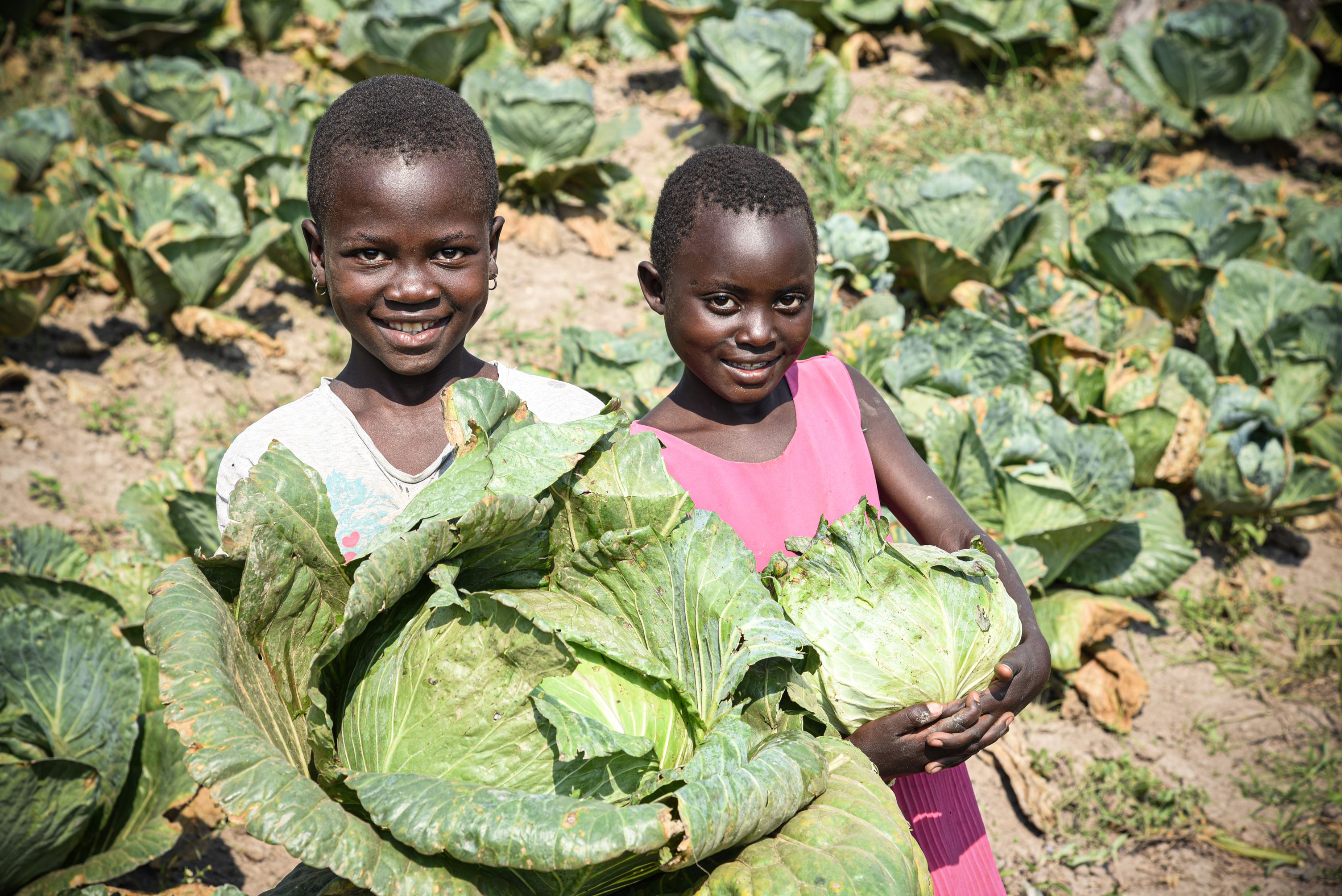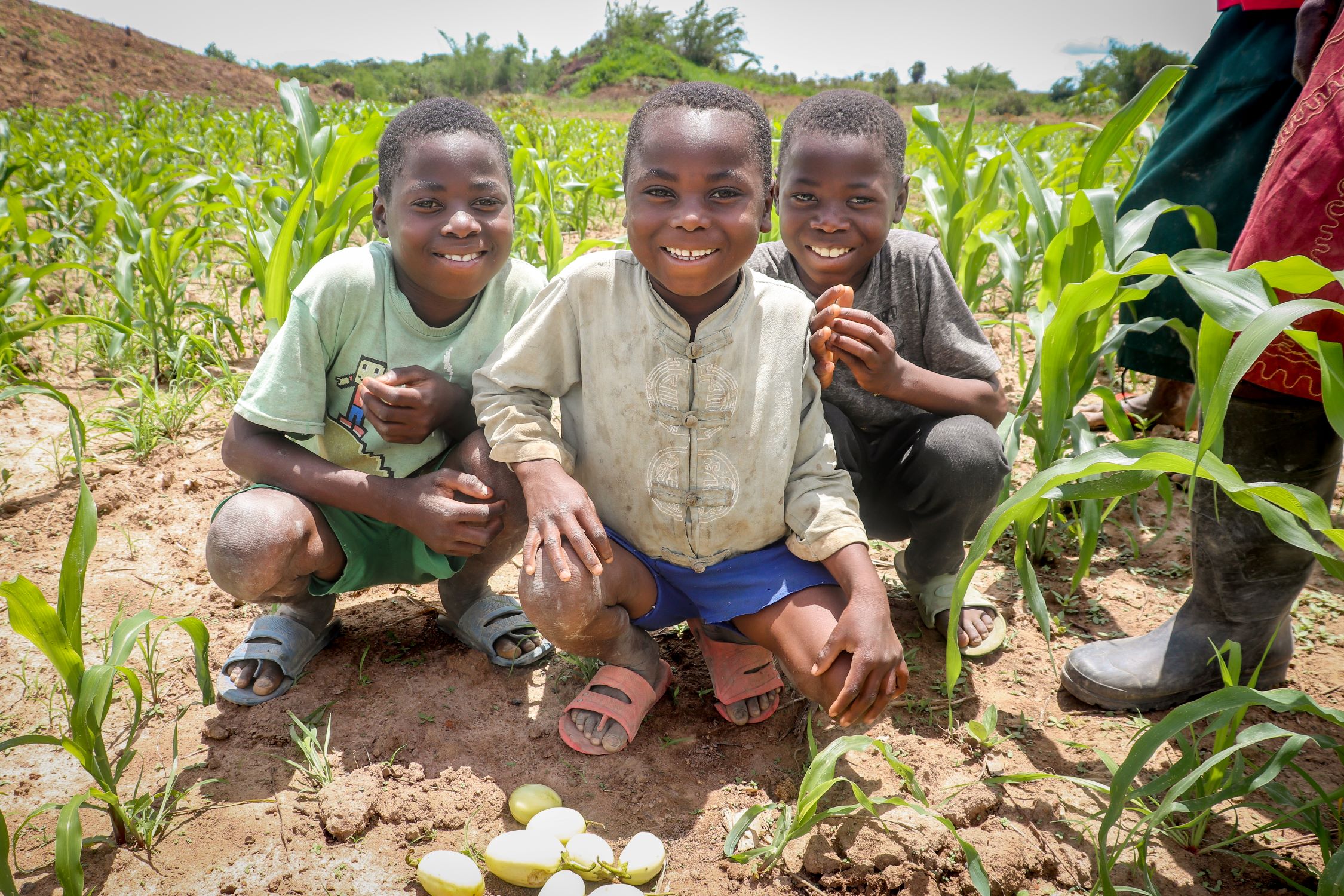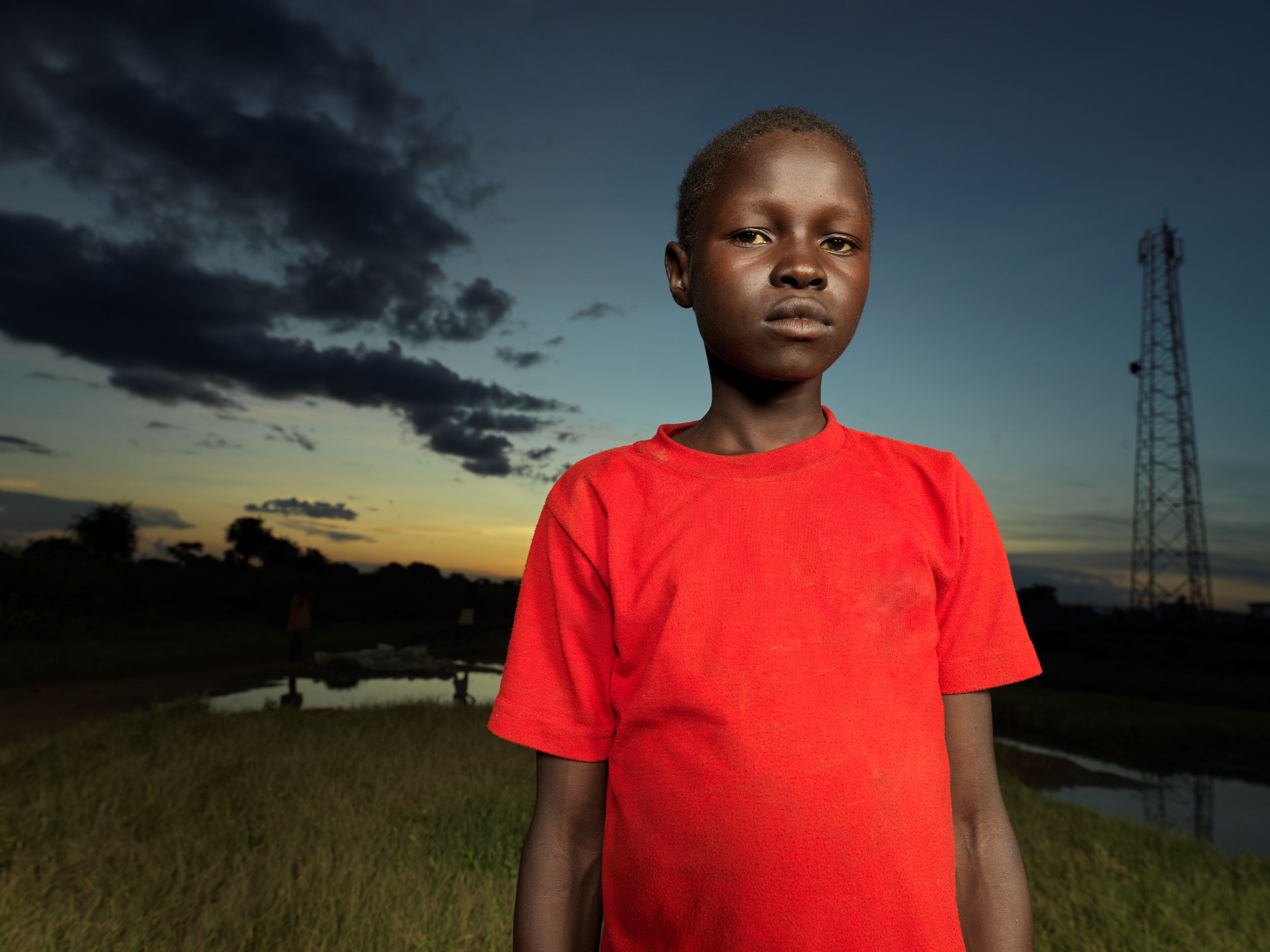
Life as a refugee in South Sudan
How conflict is impacting children's lives in the world’s youngest nation
South Sudan, the world’s youngest nation, has been independent for 12 years. Sadly, those years have not been easy or carefree. Conflict as well as climate change has made life unbearable for many of the country’s population, displacing millions, bringing food insecurity and increasing people’s vulnerability to illness and disease.
According to UNHCR, nearly two million South Sudanese people are displaced within the country while two million South Sudanese refugees have fled to neighbouring countries such as Ethiopia and Kenya. That’s around 40% of the population.
Forced from home, they face unimaginable hardships and challenges.
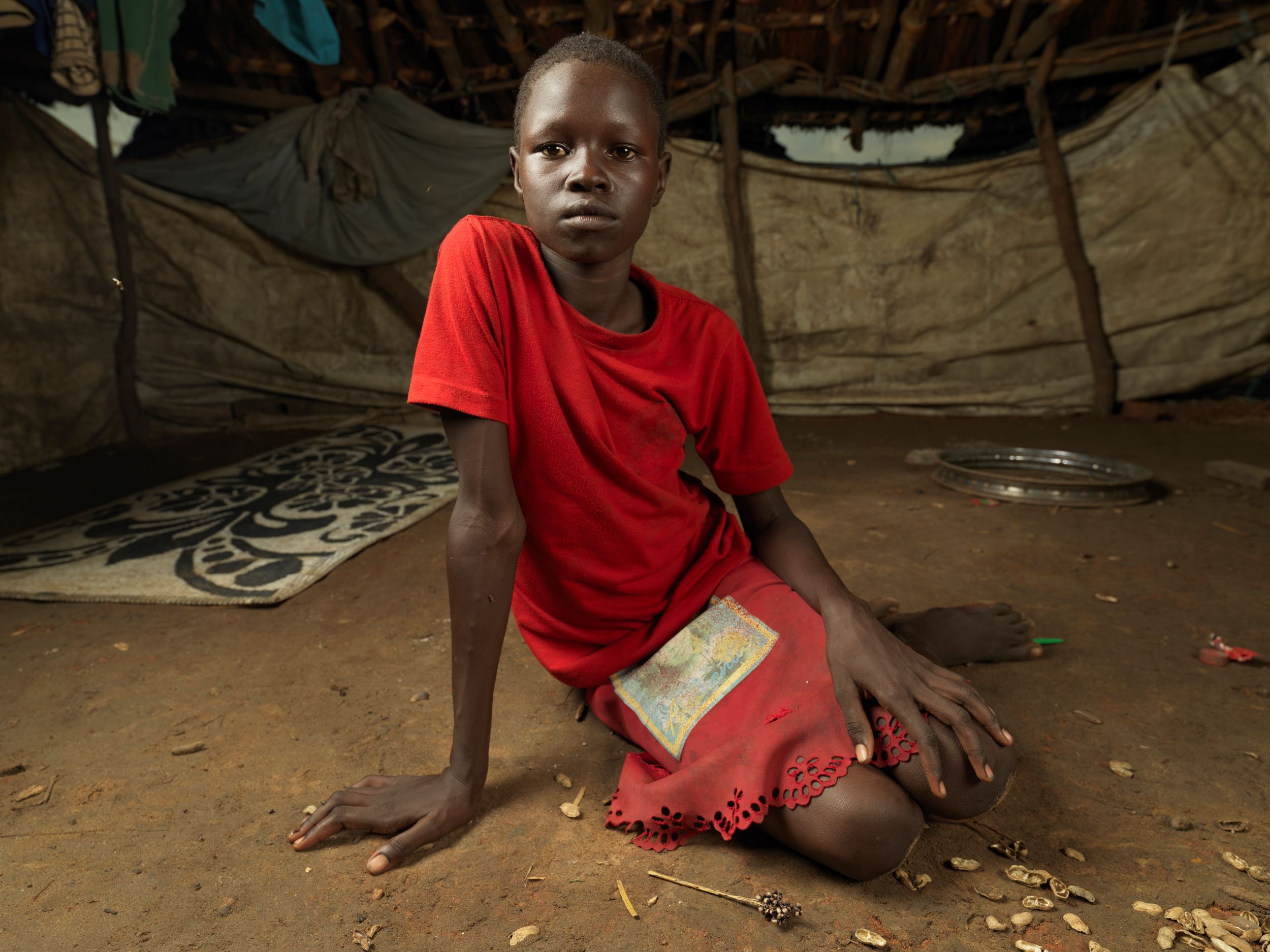
All alone at the age of 10
Achut lives alone. She is 10 years old.
In her short life, Achut has known more violence and death than most of us would dare to imagine. Five years ago, gunmen ambushed her father’s home in South Sudan and brutally murdered him.
“The attackers came in the middle of the night and killed him and burnt the house,” she says.
Just last year, Achut’s mother died of natural causes, leaving behind three children – Achut, an older brother and a younger sister.
The threat of violence is an ever-present reality. With no parents, Achut and her siblings were even more vulnerable.
“Our place was attacked at night,” recalls Achut. “There was a house across from ours and people were killed, so when we were running, we saw one of the women get killed. That gave me a lot of nightmares, so I really don’t want to go back to that place.”
Conflict, climate change and disasters are forcing orphaned children to step into the shoes of adulthood way before their time. All while dealing with grief, loss, and unresolved trauma.
Achut is one of an estimated 36.5 million children worldwide who have fled their home. She initially moved to a camp for displaced people with her brother and sister. When her brother joined the army and her sister was taken in by an uncle, Achut was left alone, haunted by memories of that night.
“When we came here, it was so difficult for me to live without food. But I adapted to it when I got food,” recalls Achut, who has a relative living nearby but sleeps alone at night. “Living alone hurts me so much. Sometimes, I feel afraid of going to fetch water because of what may happen to me.”
Hope for a better future
Between disaster and recovery, children like Achut have courage, hope … and they have you. They need support with water, food, shelter, healthcare, education and protection. Please donate to help children survive, recover and build a future.
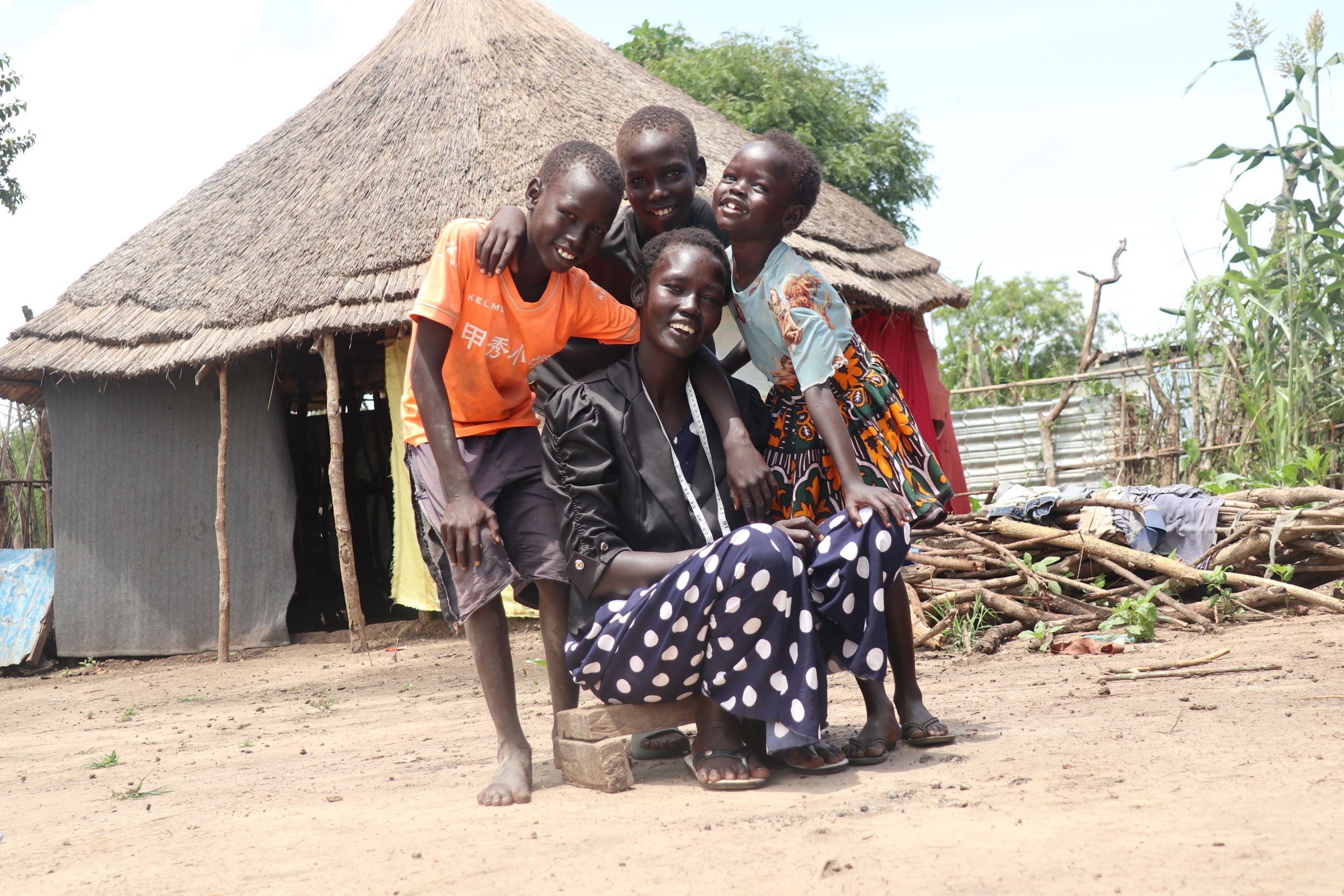
A safe space
In another camp, 29-year-old Yar is rebuilding her life.
It was flooding which forced Yar to flee from home. She and her family walked for six long hours before arriving in a camp for displaced people in 2020. She desperately hoped to find a secure place for her six children and her orphaned nephew and niece, who she also takes care of.
Yar recalls what happened, “Before the floods, there was conflict in my village which claimed the life of my brother. Still, we never left because we had nowhere else to go. But the floods forced us out, it swept away everything I called my own, destroyed my farm, small business and nine of my cows, leaving behind only one which I had to sell in order to ride the boat to Juba.”
READ MORE: How does conflict impact children?
“I was traumatised”
But arriving at the camp wasn’t the end of the trauma. “My life, and that of my children, was so miserable when we first came to the camp,” Yar remembers. “I was traumatised and resorted to suicidal thoughts because of the stress I was going through, having left my home for the first time.”
But life improved. Yar is among the women and girls who were able to attend World Vision’s safe zone, where women and girls are supported through processes of empowerment. In partnership with the South Sudan Humanitarian Fund, the women and girls’ safe zone provided psychosocial support and counselling.
“For people that have undergone trauma, psychosocial support and counselling are necessary for recovery by giving them support to help them meet their mental, emotional, social, and spiritual needs,” says Enid K Ocaya, of World Vision South Sudan.
Yar learned about the centre from a World Vision social worker and took part in counselling, which “relieved me of the trauma and stress that I suffered from moving,” she says.
In April 2022, World Vision offered these women and girls life skills training in various areas such as tailoring, bedsheet knitting, baking and milling.
Yar was one of 61 women and girls who took part in tailoring training. World Vision provided them with eight sewing machines to help the group generate income to support their families.
“I am now able to change my life”
“With the support of this project and the women in my group, I am now able to change my life and support my family,” Yar says smiling.
She hopes income earned from tailoring will help all the children in her care attend school. Already school fees have been paid for four of the children.
“The centre has become a safe haven for most of us women,” says Yar. “People now bring their clothes for sewing to the centre. I go to the centre every morning to be able to get some cash to buy food for my children. I am also able to sew clothes for my children, thus the entire dependence on the market has reduced.”
Enid Ocaya adds, “Women by nature solve problems and gain life skills through interaction with fellow women. Safe spaces are instrumental in providing such an environment that promotes interaction. The skills learned from this centre help the women pursue other economic activities that are beneficial to them and their families. It is our hope that they can transfer these skills to their daughters and other women in their vicinity, in an attempt to leave no one behind.”
World Vision in South Sudan
World Vision has been doing humanitarian work in South Sudan since 1989, many years prior to its establishment as an independent nation. We were one of few organisations that provided assistance to displaced populations in what was then the Southern Sudan region of Sudan.
The widespread violence during the country’s fifth anniversary of independence made the humanitarian emergency even worse. Food insecurity continues to plague over seven million people and a recent UN report stated that an estimated 1.4 million children will be malnourished during the lean season (April-July 2023).
In 2022, World Vision's humanitarian assistance in the country reached over 2.3 million people in need, including 1.3 million children, through various initiatives such as food security, health and nutrition, protection, education, water, sanitation and hygiene.
Together, we can help children affected by the flooding and conflict in South Sudan.

